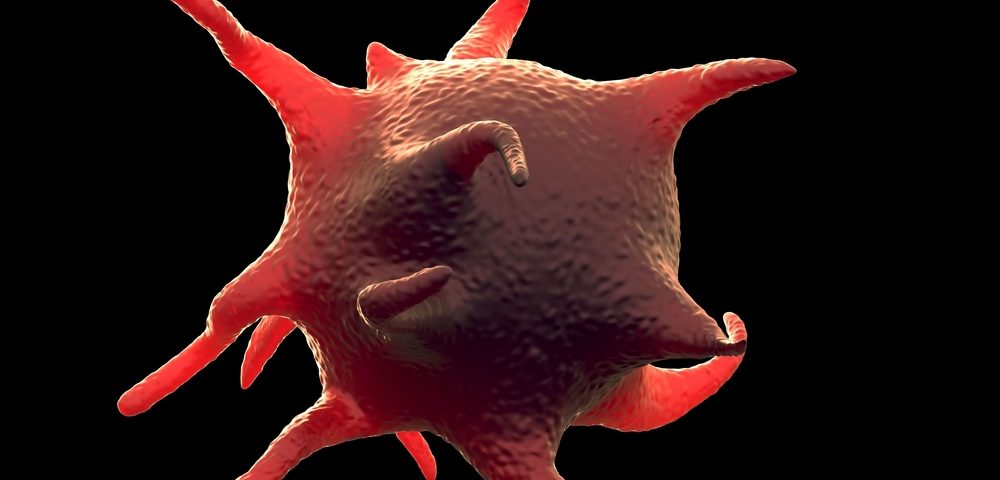Using blood platelets to deliver lymphoma chemotherapies could reduce adverse effects of the treatment, according to a study.
The use of natural cells such as platelets also could get around problems linked to using engineered delivery vehicles such as fat particles, researchers said.
The study, “Doxorubicin-loaded platelets as a smart drug delivery system: An improved therapy for lymphoma,” was published in the journal Scientific Reports.
Researchers at Nanjing University in China said problems with engineered drug delivery systems include a complex and expensive production process, poor shelf life, and immune reactions.
Natural cells or cell membranes, they argued, are better suited as delivery vehicles because they can be taken from the patient’s own body, are nontoxic, and easily degrade in the body.
Platelets would be a particularly good therapy-delivery vehicle against lymphoma, they reasoned, because platelets naturally target diseases in which blood supply plays a crucial role.
The team laced platelets with the chemotherapy Adriamycin (doxorubicin) after experiments confirmed platelets were able to absorb and transport the treatment. Tests in lab dishes showed that the therapy did not change how the cells looked or behaved.
Tests in lab-grown lymphoma cells indicated that therapy-laced platelets were better at reducing tumor growth than Adriamycin alone. Molecular analyses indicated that the platelets had activated self-destruction pathways in the tumor cells.
Researchers also tested a version of doxorubicin known as Caelyx that has a fatty covering.
Caelyx’s toxicity to the heart has limited its use in cancer treatment. Importantly, when researchers exposed heart cells to drug-carrying platelets, they observed less toxicity than when the cells were exposed to Adriamycin alone.
The team also compared Adriamycin-carrying platelets with Caelyx in mice. Experiments showed that less Adriamycin was found in immune cells called macrophages when a platelet delivery system was used. This suggested that the platelet approach triggered a milder immune reaction than when the drug was delivered with fat particles.
Just as in the lab-grown cells, experiments with mice showed that when the treatment was delivered with platelets, toxicity was reduced and adverse effects less severe than when Adriamycin was administered alone. Only mice treated with Adriamycin alone showed signs of heart injury, the researchers said.


